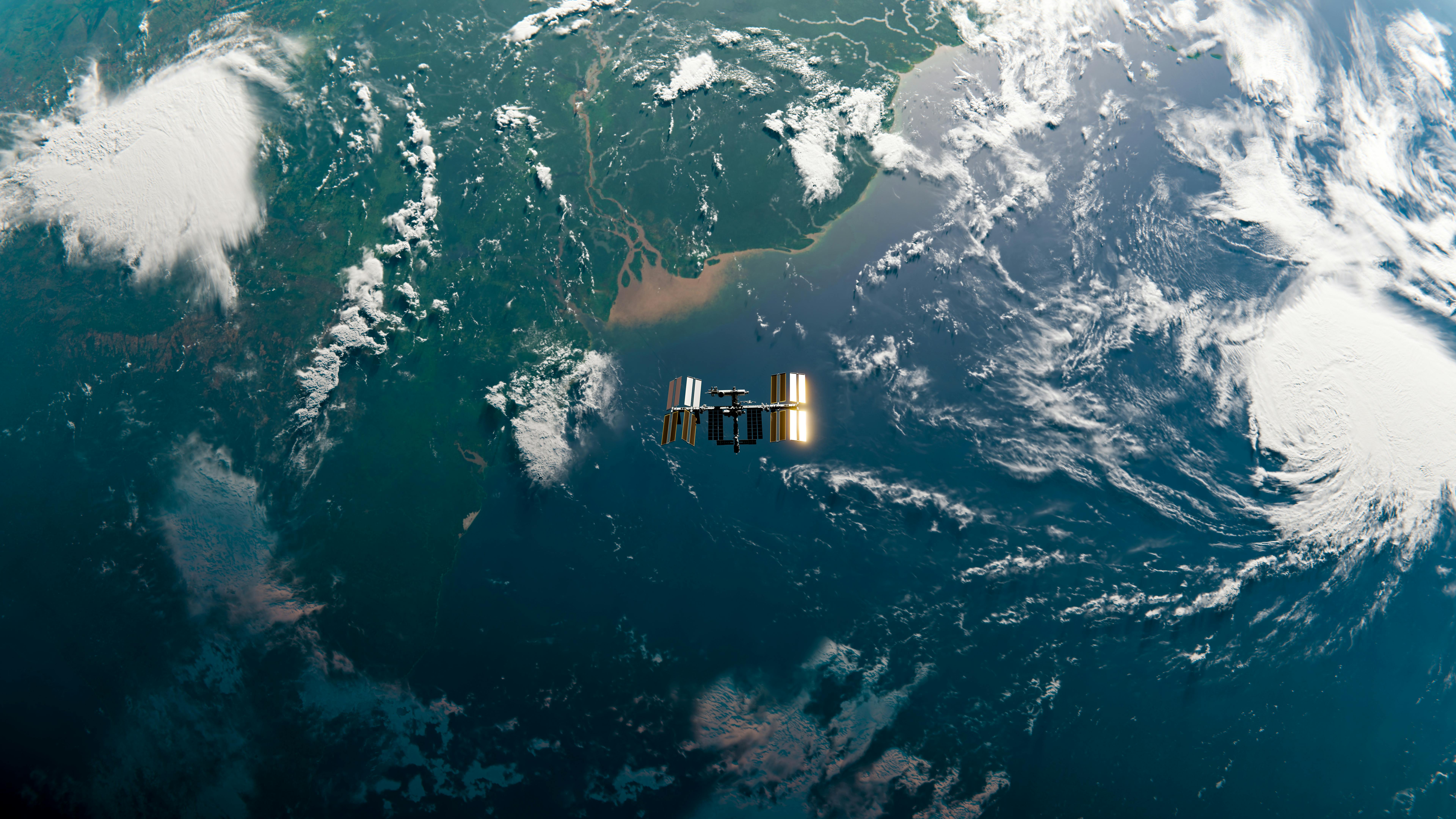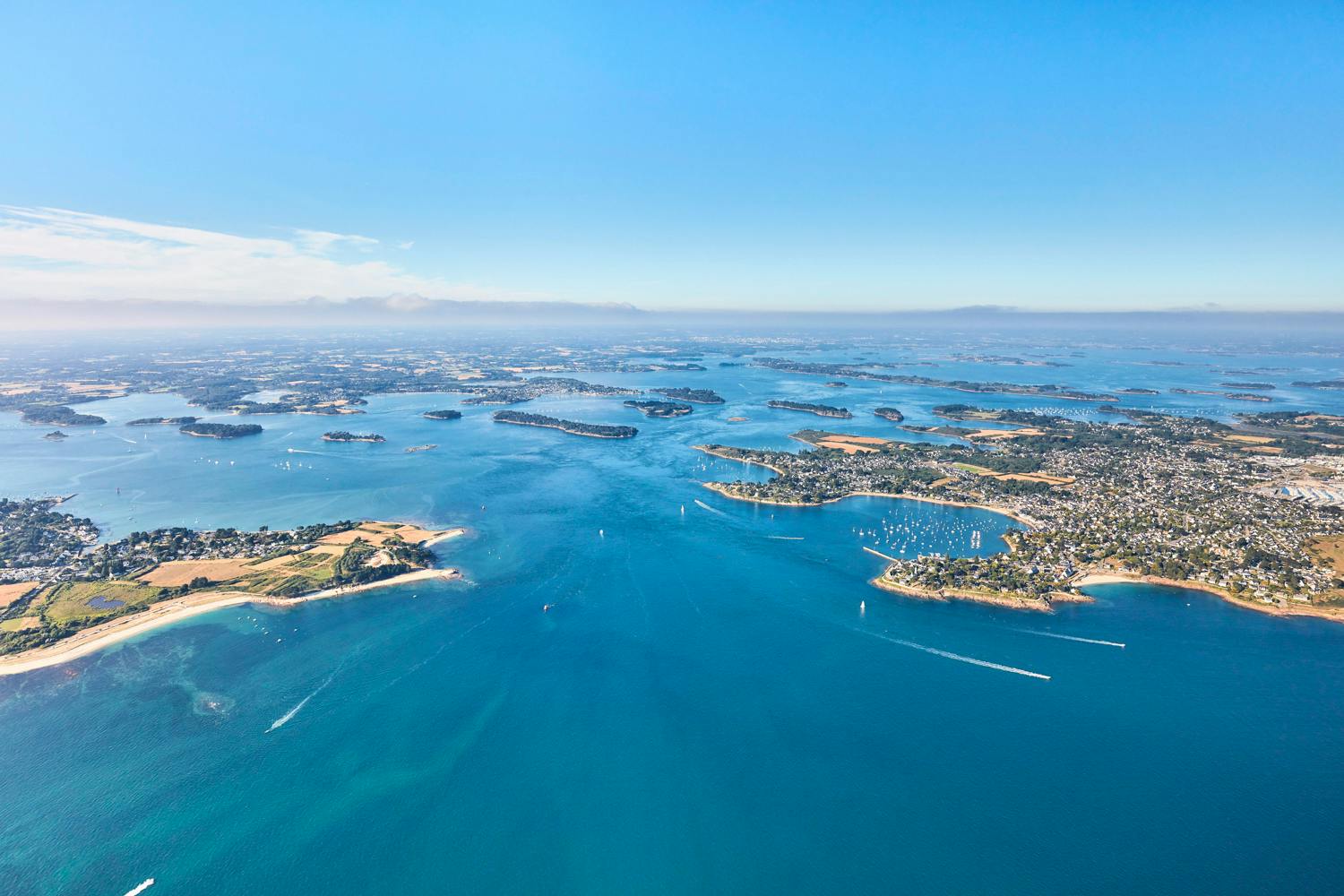International ocean governance in need of EU leadership
2022 is the Ocean Super Year. The “One Ocean Summit” held in Brest, France, in February followed by “Our Ocean Conference” in Palau, kicked off a series of international negotiations on plastic pollution, fisheries subsidies, the sustainable development goal “Life below water” (SDG 14), and the protection of biodiversity globally and in the high seas. This wide range of topics and the number of legal frameworks involved reflect not only the many environmental challenges currently facing the global ocean, but also the array of international bodies dealing with its management.
Such fragmented governance is a concern when considering that some negotiations have been ongoing for years. The recent Covid-19 pandemic and the current geopolitical turmoil caused by the invasion of Ukraine by Russia have added reasons in the past two years for choosing stalemate rather than action.
In this context, it is welcome that the European Union (EU) intends to adopt a new European strategy on international ocean governance. The EU is indeed one of the key international actors who has been the most consistently engaged in promoting better regulation of human activities impacting the ocean and in protecting marine biodiversity and ecosystems.
This European position is not entirely free of ambiguities, though. The EU is a blue power: the EU Member States together have the largest Exclusive Economic Zone (EEZ) in the world and the European blue economy is one of the most dynamic[1]. While a champion of environmental protection, the EU also has to take account of important domestic sectors (fisheries, shipping, ports, maritime transport) that face increasing international competition by less environmentally conscious countries. Access to marine resources and shipping as the main vehicle of international trade are also two components of the EU’s position on global ocean governance that are not free from (legitimate) economic interests.
But with great power comes great responsibility. As the European Green Deal aims to make the EU a model for global sustainability, the challenge is now for the EU to show leadership in shaping international ocean governance towards further ocean protection and sustainable management.
The purpose of this paper is to propose a new approach to the EU’s international policy on the ocean. We draw from the Mission Starfish (Restore our ocean and waters by 2030) and our previous publication on EU blue governance[1], arguing that it should take a clear environmental outlook on ocean governance and outline how the EU can concretely promote it. We explore the environmental and governance challenges that currently threaten the health of the global ocean, particularly on the high seas. We show that a plethora of governing organisations and legal instruments have resulted in ineffective and inefficient governance. Taking stock of EU action taken thus far, we find that, despite being often a leading proponent for upgrading the international ocean rulebook, the EU still punches under its weight.
As a result, we advocate that the EU should prioritise its action along two axes: focus on the biggest gaps in international governance and target the areas in which the EU has the most leverage: conservation of ecosystems, regulation of human activities, and better science for better policy making.
In this endeavor, the EU should follow four guiding principles: i) set the protection of 30% of the ocean surface by 2030 and climate neutrality by 2050 as overarching targets; ii) build bridges across all instruments to end the silos in ocean governance; iii) upgrade institutions to give them arms and teeth; and iv) let civil society break into the decision-making processes.






